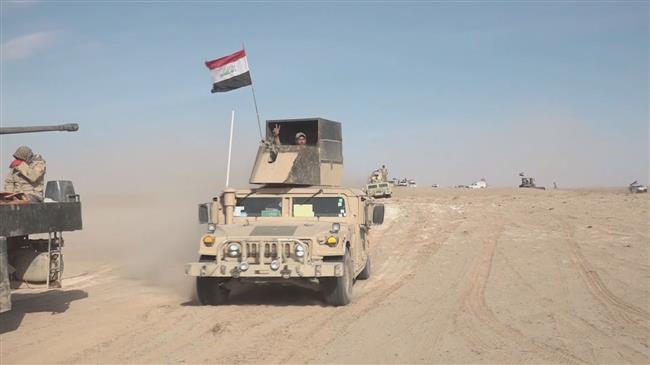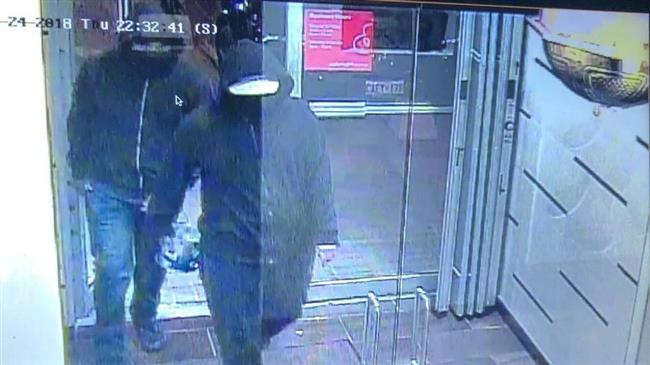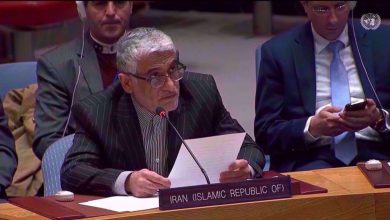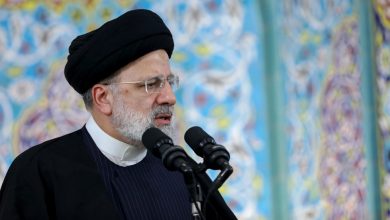Iran to inform IAEA of start of process to boost UF6 production capacity: Official
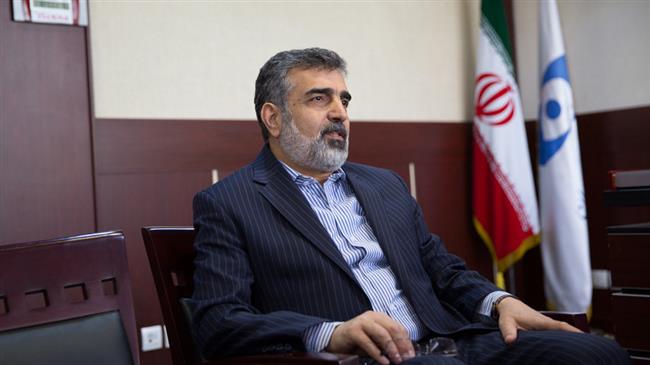

Iran’s national nuclear agency says it is starting a process to boost the capacity of the country’s uranium enrichment within the framework of the 2015 nuclear agreement, and will notify the International Atomic Energy Agency (IAEA) about it.
Behrouz Kamalvandi, the spokesman for the Atomic Energy Organization of Iran (AEOI), told ISNA news agency on Tuesday that Iran will inform the IAEA about the start of the process to increase the capacity to produce uranium hexafluoride (UF6), a chemical compound which serves as feedstock for centrifuges.
“In a letter that would be delivered to the International Atomic Energy Agency by the Iranian mission in Vienna, it has been announced that we will begin the process of increasing the capacity needed for the production of UF6 and UF4 gases on Monday as well as the construction and montage of a centrifuge rotor factory,” Kamalvandi said.
He made the comments hours after Leader of the Islamic Revolution Imam Seyyed Ali Khamenei ordered the AEOI to make preparations for the enrichment of uranium up to a level of 190,000 SWU (separative work unit) without any delay in the framework provided by the 2015 nuclear deal.
SWU is the standard measure of the effort required to separate isotopes of uranium during an enrichment process. 1SWU is equivalent to 1 kilogram of separative work.
Under the Joint Comprehensive Plan of Action (JCPOA), Kamalvandi said, Iran was supposed to achieve an enrichment capacity of at least 190,000 SWU by the end of the 15th year since the nuclear deal took effect in January 2016.
“We had earlier estimated that we could reach an about 250,000-SWU capacity by the end of the 15th year, but given the Leader’s statements for us to pursue a 190,000-SWU capacity, we should take measures for this to be realized faster,” the official added.
Achieving the 190,000-SWU enrichment capacity means increasing efforts to set up workshops and factories and providing the infrastructure and other arrangements necessary for moving forward at a high speed and capacity, he added.
On May 8, US President Donald Trump announced Washington’s pullout from the nuclear deal, vowing to reinstate nuclear sanctions on Iran and impose “the highest level” of economic bans on the Islamic Republic.
He also said Iran was in “pursuit of nuclear weapons,” a claim that contradicts numerous reports by the UN nuclear watchdog confirming the peaceful nature of Iran’s nuclear work and the country’s full compliance with the accord.
US Secretary of State Mike Pompeo later threatened Iran with the “strongest sanctions in history” if it did not comply with a list of steep demands, including ending uranium enrichment.
Iran has said it will remain committed to the deal for the time being, pending negotiations with other signatories to the JCPOA to see if Iran’s interests would still be protected under an accord without the US.
Tehran’s other partners in the deal – Germany, France, Britain, Russia and China – have all condemned Washington’s unilateral withdrawal and said they would still live up to their commitments as part of the deal.
In his speech on Monday, Ayatollah Khamenei said the European governments should not expect the Iranian nation “to both put up with sanctions and give up its nuclear activities and continue to observe limitations.”
Elsewhere in his remarks, Kamlavandi reiterated that achieving nuclear weapons is contrary to Iran’s religious stance.
“The message of our measures is that we will maintain our capacity for activation at a high level, and if we have currently agreed to certain limits, it is because the two sides (of the JCPOA) must remain committed to their obligations,” he noted.


